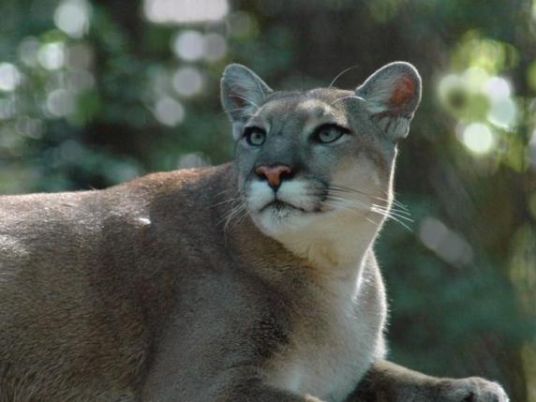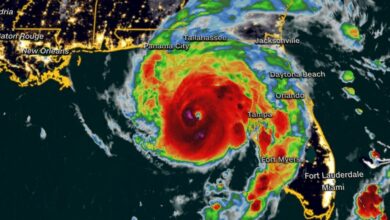
Florida’s wildlife agency may cut back on its efforts to save the endangered Florida panther two decades after helping return the big cats from the brink of extinction, according to an agency memo.
Dozens of people spoke out for and against the move Tuesday at a meeting in Sarasota of the Florida Fish and Wildlife Conservation Commission. The hearing came one day before the commission is expected to approve an equally contentious black bear hunt this fall.
Carole Baskin, founder of Big Cat Rescue, told the commission the memo implies that the state is moving toward removing federal protections from the panthers and eventually allowing hunts.
A draft agency position paper argues that it is not feasible to re-establish three separate breeding populations of 240 panthers, a level at which the federal government considers the cats capable of surviving on their own.
In the memo, the agency proposes limiting Florida’s involvement primarily to managing the 100-180 panthers that now live in Southwest Florida. It calls on the US Fish and Wildlife Service, which oversees the federal endangered species list, to take responsibility for increasing panther numbers.
Part of the problem, according to the memo, is that the panthers so far have refused to establish populations north of the Caloosahatchee River, which runs generally east-west from Fort Myers to the Everglades.
A Florida panther who bore kittens just one mile south of the Caloosahatchee River near Fort Myers almost three years ago gives hope to panther advocates that female cats, who typically don’t range as far as males, eventually will cross the river on their own and help the species survive.
Kipp Frohlich, the agency's deputy director of habitat and species conservation, said that since 2004 panthers have killed 140 pets, backyard livestock and calves from commercial ranches, and that yearly totals are rising along with the cat population.
Frohlich said a program to reimburse animal owners for their losses has paid out US$6,000, a figure which likely would be higher if not for the fact that panthers typically conceal their prey, thus hiding the evidence.
The federal wildlife service considers the Florida panther the most endangered mammal in the eastern United States.




